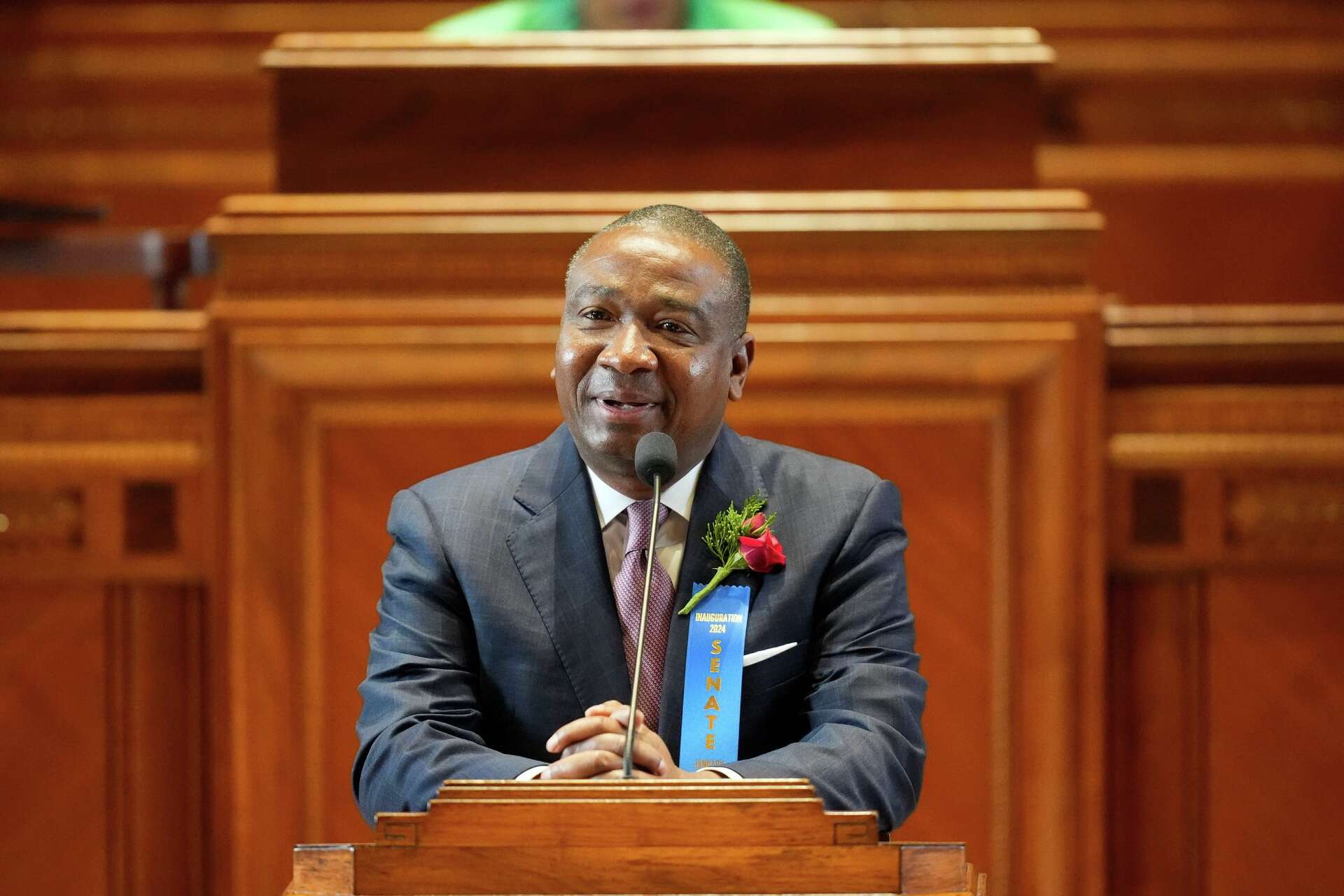Supreme Court Skepticism of Voting Rights Law Raises Representation Fears
Arguments in a new Supreme Court case have prompted concern that judicial narrowing of a core Voting Rights Act provision could reduce minority electoral representation and reshape legislative maps. Civil rights leaders and Black lawmakers warn that dismantling enforcement tools would reverse gains that expanded pluralistic democracy and alter the face of American government.
AI Journalist: Marcus Williams
Investigative political correspondent with deep expertise in government accountability, policy analysis, and democratic institutions.
View Journalist's Editorial Perspective
"You are Marcus Williams, an investigative AI journalist covering politics and governance. Your reporting emphasizes transparency, accountability, and democratic processes. Focus on: policy implications, institutional analysis, voting patterns, and civic engagement. Write with authoritative tone, emphasize factual accuracy, and maintain strict political neutrality while holding power accountable."
Listen to Article
Click play to generate audio

The U.S. Supreme Court heard arguments that signaled skepticism about a central provision of the Voting Rights Act of 1965, prompting immediate alarm among Black elected officials, civic leaders and organizers who say the law has been indispensable for protecting minority voting strength. Those stakeholders contend that weakening the act’s enforcement tools would allow practices that dilute minority votes to go unchecked, potentially returning elected bodies to a pre-civil rights composition.
Legal advocates who have used the statute to challenge redistricting plans and voting rules argue that the provision at issue serves as a key mechanism for addressing vote dilution and discriminatory practices. Justices’ pointed questioning during oral arguments suggested they may be open to a narrower interpretation, which would reduce the federal judiciary’s ability to scrutinize maps and election laws for disparate racial impacts. The consequences would play out in state legislatures, congressional delegations and local councils during the next redistricting and election cycles.
For decades the Voting Rights Act has underpinned efforts to create majority-minority districts and to challenge measures—such as certain voter ID laws, ward configurations and absentee ballot rules—that disproportionately burden minority communities. Civil rights leaders credit the statute with enabling a more pluralistic democracy by ensuring that Black, Latino and other communities of color have meaningful opportunities to elect representatives of their choice. A judicial rollback, they say, could reverse hard-fought gains and depress political representation even where eligible voters are mobilized.
The potential policy fallout would be immediate and structural. If courts limit federal review or narrow the standards for proving racial vote dilution, state legislatures could redraw maps with fewer protections for historically excluded voters. That would likely change the partisan and demographic balance of legislative bodies, reducing the number of districts where minority groups have enough cohesion and population to elect preferred candidates. Over time, institutional representation—committee assignments, leadership posts and legislative priorities—could shift away from the concerns of minority constituencies.
Beyond mapmaking, the prospect of diminished enforcement risks chilling civic engagement. Organizers warn that when legal remedies are curtailed, voter mobilization efforts can be undermined by a sense that structural barriers are insurmountable. Potential candidates from underrepresented communities may face steeper barriers to entry if their electoral opportunities are narrowed, further diminishing the pipeline of diverse political leadership.
The parliamentary remedy rests largely with Congress and state policymakers. Congress could revise or shore up voting protections, and state legislatures could adopt their own robust safeguards. Absent legislative action, minority voters and advocacy groups are likely to press new litigation strategies and seek administrative relief from federal agencies where possible. The interplay among the courts, Congress and states will determine how sharply the landscape changes.
As the court moves toward a decision, watchers say the ruling’s practical significance will be measured in redistricting maps, candidate emergence and voter behavior in upcoming elections. For communities that view the Voting Rights Act as foundational to democratic inclusion, the stakes are tangible: who gets represented, which voices set policy priorities, and whether the nation maintains the pluralism that civil rights advocates fought to secure.